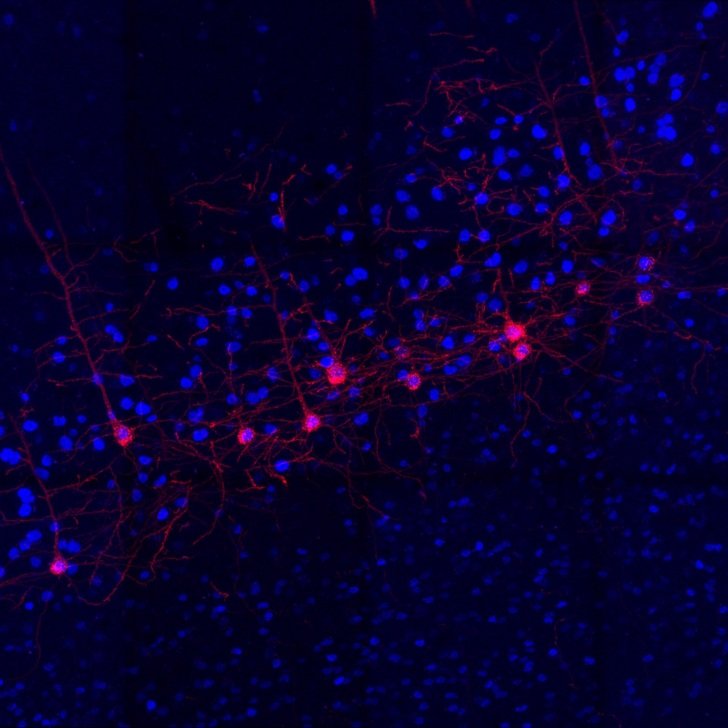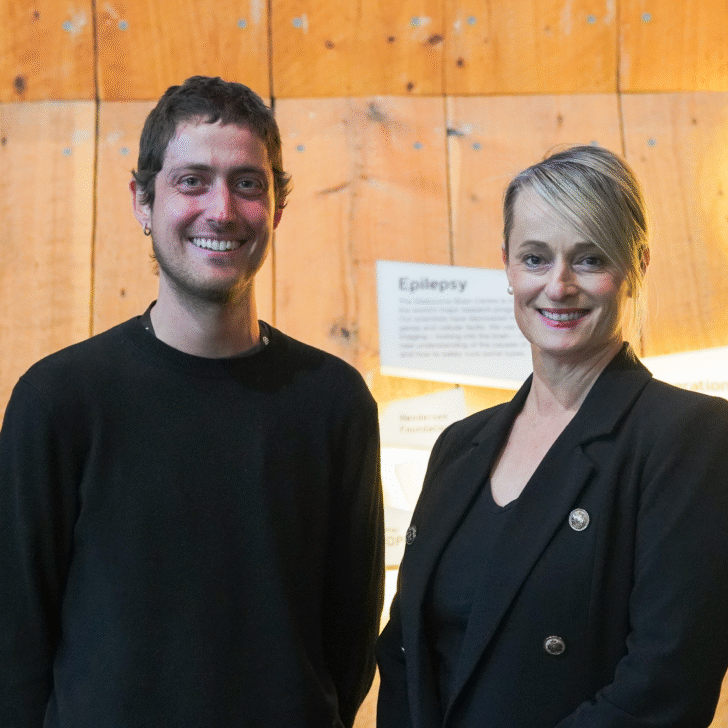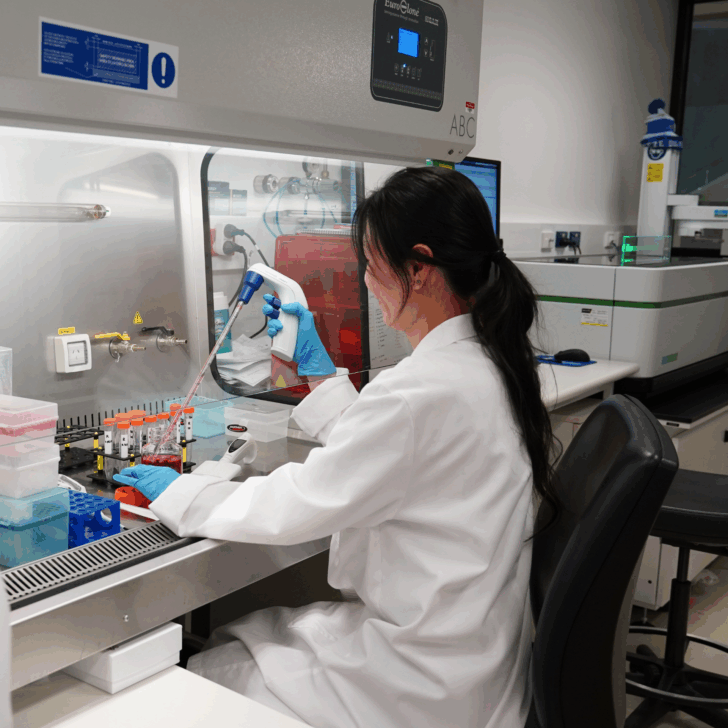- New research from the UK has identified potential cases of young onset of Alzheimer’s disease in people given human growth hormone treatment in the 1970s.
- Hormones were used in Australia and 2,500 people are known to be at risk of Creutzfeldt-Jakob Disease.
Leading Alzheimer’s disease researcher Professor Colin Masters of The Florey is warning of a serious public health issue following recent confirmation that patients in the UK contracted Alzheimer’s disease through medical procedures in the 1970s.
Professor Masters and colleague Professor Steve Collins, who lead the Australian National Creutzfeldt-Jakob Disease Registry at The Florey, are calling for diagnostic blood tests for about 2,500 people who had similar procedures in Australia.
Research published in Nature Medicine from the UK National Prion Monitoring Cohort (NPMC) has identified 8 likely cases of young onset of Alzheimer’s disease in a cohort of 1,848 people given human growth hormone in the 1970s. The now banned treatment saw young people of short stature injected with growth hormones derived from pituitary glands of human cadavers. The procedure was the cause of 80 cases of ‘iatrogenic’ or medically-derived Creutzfeldt-Jakob disease (CJD) in the UK group.

Professor Masters said cadaver-derived hormones were used in Australia for short stature as well as fertility treatment. As a result, 4 women contracted and died from CJD in the 1980s, and 2,500 people who received hormone treatment are known to be at risk of CJD.
Given the Nature Medicine article findings, we recommend screening anybody who received hormones derived from human pituitary glands for Alzheimer’s disease. Fortunately, it appears that blood tests are useful in detecting early onset Alzheimer’s disease. Testing this group would be cost-effective way of checking this at-risk population and determining the extent of risk.
Professor Masters, who discovered the origin of the Aβ amyloid protein which causes Alzheimer’s disease, said the first evidence of potential transmissibility of Alzheimer’s emerged about 50 years ago, around the time that the prion diseases kuru and CJD were shown to be transmissible.
“Alzheimer’s disease proved not to be easily transmissible, although Aβ showed some properties that, under certain conditions, it could propagate after inoculation.
“We are now faced with a serious public health issue where large numbers of people may be at risk of developing early onset Alzheimer’s because of childhood exposures through Aβ-contaminated neurosurgical instruments and implants, or treatments with human cadaveric pituitary-derived hormones.
“Fortunately, new disease modifying therapies for Alzheimer’s disease are becoming available,” Professor Masters said.



![[MAY] Neuroscope – Resizing (500 x 500 px)](https://florey.edu.au/wp-content/uploads/2026/03/MAY-Neuroscope-Resizing-500-x-500-px-.png)










